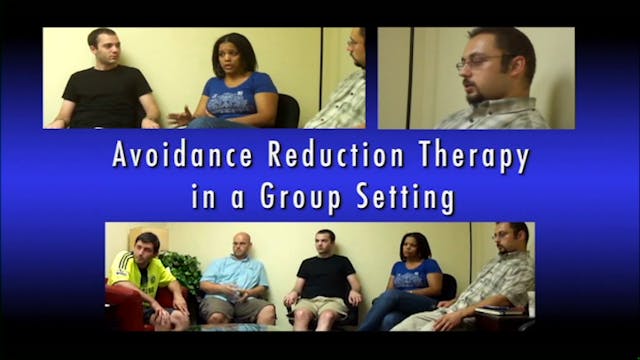Implementing CBT with School-age Children (#6500)
Indiana University at South Bend Bundle
•
1h 38m
Cognitive-behavioral therapy is one approach for helping children change their thoughts and feelings about stuttering. These changes can lead to better therapy outcomes as children develop coping strategies, test their beliefs about listener reactions, and take risks like using speech tools in front of others.
In this 1 hour, 40 minute video, clinicians learn why unhelpful thoughts and feelings can interfere with stuttering therapy and then how to help children begin to make changes.
Extending the information presented in the Stuttering Foundation's program 9900, "A Cognitive Behavior Therapy Taster," Lisa Scott, Ph.D. of The Florida State University, presents concrete therapy activities for helping children learn to cope with difficult speaking situations, identify unhelpful thoughts, and strategies for trying out new thoughts and behaviors.
Special thanks to the University of Iowa, The Florida State University, Stuttering Foundation workshop participants, and Patricia Zebrowski, Ph.D.
Up Next in Indiana University at South Bend Bundle
-
Avoidance Reduction Therapy in a Grou...
The roots of Avoidance Reduction Therapy for Stuttering are found in the pioneering work of the late Joseph Sheehan, a professor of psychology at UCLA, and his wife Vivian Sheehan, a Los Angeles-based speech pathologist. The Sheehans applied concepts from conflict theory and role theory to formul...
